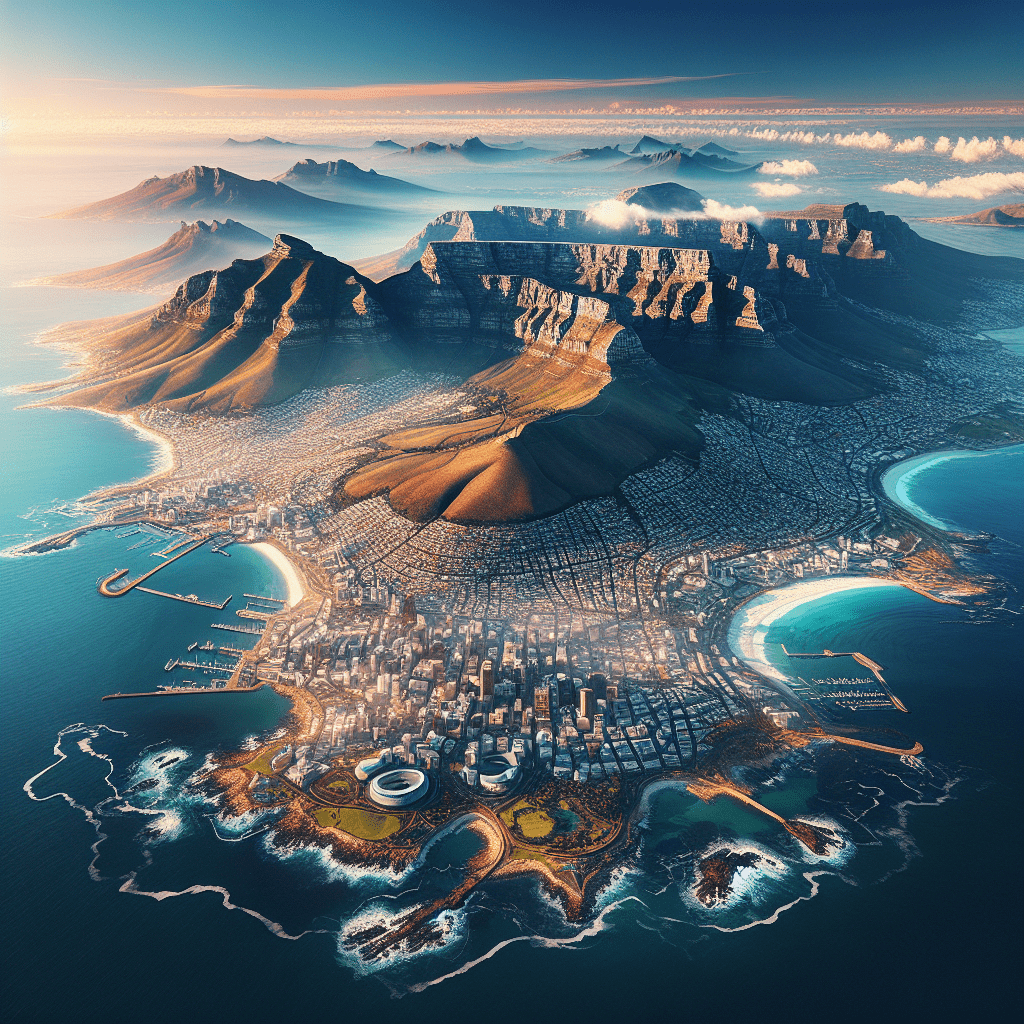Introduction to South Africa
South Africa, officially known as the Republic of South Africa, is a country situated at the southernmost corner of Africa, with a long coastline spreading over the Indian and South Atlantic Oceans. Spanning an area of 1.2 million square kilometers, South Africa is the 25th largest country in the world and the southernmost country in Africa.
The country, with an estimated population of about 59 million, is known for its ethnic diversity. South Africa has 11 official languages, IsiZulu, Afrikaans, English, IsiXhosa, Sesotho, Setswana, Xitsonga, Sepedi, IsiNdebele, SiSwati, and Tshivenda, each representative of the various ethnic backgrounds present in the country.
Historical Overview
South Africa’s history dates back to more than 100,000 years ago, with the first traces of humankind ever found. The country’s recent history, however, has been dominated by the system of apartheid enforced by the national government up until the 1990s.
Apartheid was a politics of geographical racial segregation enforced through legislation by the National Party, the governing party from 1948 to 1994. The African National Congress was the prominent anti-apartheid movement leading the resistance, its most known figure being Nelson Mandela, who later became the first black president of South Africa in 1994.
Economy
South Africa possesses a mixed economy, the second-largest in Africa, right behind Nigeria. The World Bank classifies it as an upper-middle-income economy. South Africa is abundant in natural resources and is a leading exporter of platinum, gold, chromium, and other minerals.
As for industry and services, South Africa holds a prominent place in Africa. Its diverse manufacturing industry includes sectors such as agriprocessing, automotive manufacturing, chemicals, information technology, telecommunications, and textiles. In terms of services, tourism stands out as a significant contributor to the South African economy.
Society and Culture
South Africa’s diverse population brings a richness in culture and tradition. This diversity is reflected in the 11 official languages, as well as the numerous cultural and traditional practices present in the nation.
South Africa has made significant contributions to the world of art, sport, literature and philosophy. In sports, it is best known for its rugby team, the Springboks, which have brought home multiple Rugby World Cup trophies. The country also has a dynamic music scene, giving rise to unique genres such as Kwaito, gqom and Mbaqanga.
Politics
South Africa operates under a parliamentary system of government. The President of South Africa serves both as head of state and head of government and is elected by the National Assembly. The current constitution was adopted in 1996 and is noted for its robust protection of human rights.
The leading political parties in modern South Africa include the African National Congress (ANC), the Democratic Alliance (DA), and the Economic Freedom Fighters (EFF). Through these and other parties, South Africans participate in regular free and fair elections.
Notes
South Africa has 11 official languages, the highest number in the world.
Based on the annual Gross Domestic Product, South Africa has the second-largest economy in Africa.
South Africa is one of the world’s leading gold producers and responsible for about 10% of all gold produced globally.
The Kruger National Park in South Africa is one of the largest game reserves in Africa, covering an area of 19,485 square kilometers.
In 1994, Nelson Mandela, a profound anti-apartheid activist, became the first black president of South Africa.
Image Description
The image shows an aerial view of Cape Town, South Africa, with the iconic Table Mountain in the background, on a bright sunny day. The distinct cityscape and beautiful coastline with deep-blue waters display the stunning geography of the region.
